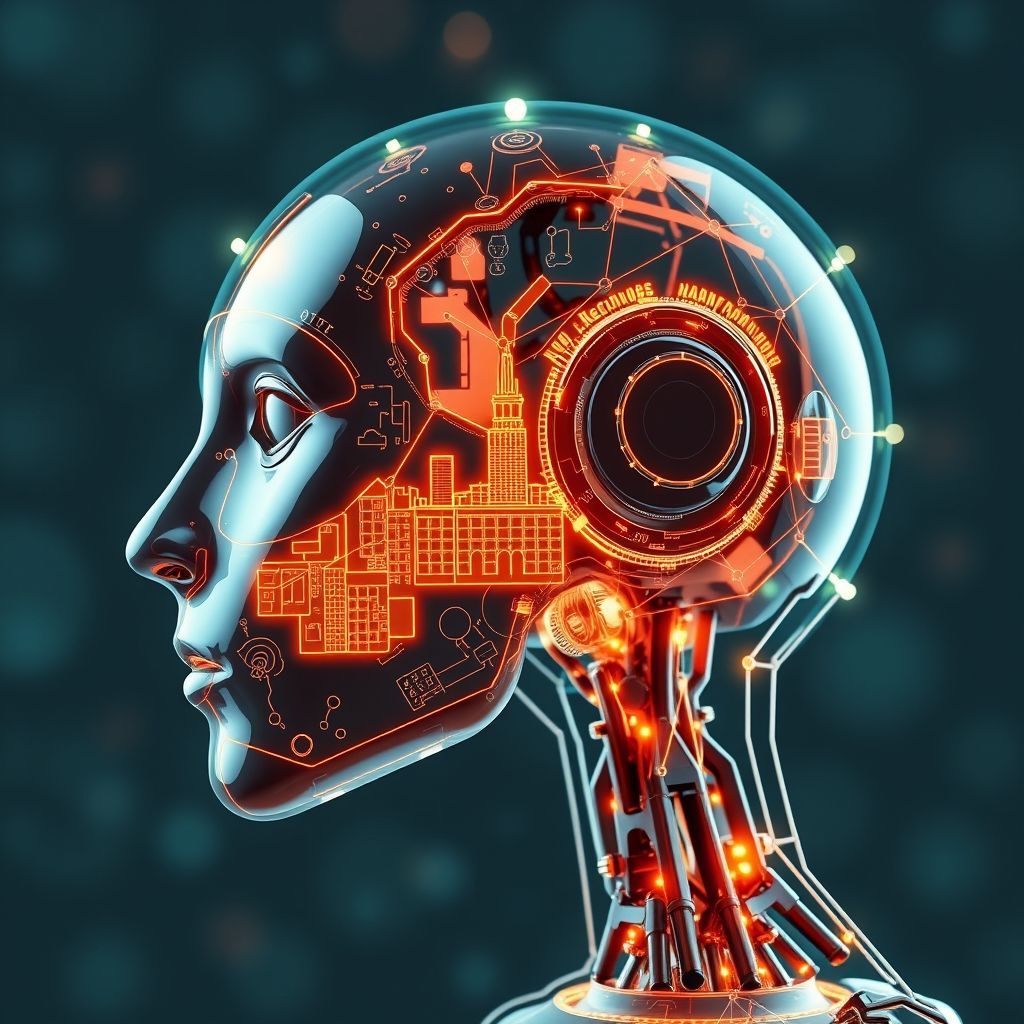
AI in Education: Government Initiatives to Enhance Learning Through Technology
- admin
- July 14, 2025
- Education, Tech & Innovation
- 0 Comments
Transforming Classrooms with Artificial Intelligence for Inclusive and Personalized Education
Key Highlights:
- Government launches AI-driven education programs under the IndiaAI Mission with a ₹2,000 crore allocation.
- Focus on personalized learning, accessible education for rural areas, and skill development.
- AI tools to aid teachers in lesson planning, assessment, and student engagement.
- Target to integrate AI technology in 10,000 schools and colleges by 2026.
- Collaboration with edtech companies, IITs, and global AI leaders for program execution.
The Story
The Indian government is revolutionizing education by integrating artificial intelligence into learning systems to create a smarter, more inclusive educational framework. With an investment of ₹2,000 crore under the IndiaAI Mission, the initiative focuses on leveraging AI to personalize learning experiences, support teachers, and bridge educational gaps across diverse socio-economic backgrounds.
Union Education Minister Dharmendra Pradhan emphasized the transformative potential of AI in education, stating, “AI can democratize learning, making high-quality education accessible to every child, irrespective of their geographical or financial constraints.”
The initiative is a response to the growing need for digital innovation in education, especially in the aftermath of the pandemic, which highlighted disparities in access to quality learning resources.
Strategic Focus Areas
The AI in education initiative focuses on the following key areas:
- Personalized Learning: AI-powered platforms to provide customized lesson plans and feedback tailored to individual student needs.
- Teacher Support: Tools to assist educators with lesson planning, grading, and tracking student progress, reducing administrative workload.
- Accessible Education: AI-driven applications to bring quality education to underserved areas through virtual classrooms and language translation tools.
- Skill Development: Courses on AI, coding, and emerging technologies to prepare students for future job markets.
- Student Engagement: Gamified learning platforms and AI-based interactive tools to make education engaging and effective.
Numbers That Speak
- ₹2,000 crore investment allocated over five years.
- Integration of AI tools in 10,000 schools and colleges nationwide by 2026.
- Training 5 lakh teachers and educators in AI-based tools.
- Development of 50 AI-driven learning platforms tailored to regional languages.
- Target to provide personalized education to 15 million students by 2030.
Success Stories
Pilot programs have already demonstrated the potential of AI in enhancing education:
- In Maharashtra, an AI-driven learning platform improved math proficiency among rural students by 25% within six months.
- An AI-based assessment tool in Delhi schools reduced grading time for teachers by 40%, allowing more focus on student interaction.
- Virtual classroom initiatives in Tamil Nadu used AI-powered translation to teach in local dialects, boosting engagement and comprehension.
Challenges and Mitigation
While the initiative holds immense promise, there are hurdles to overcome:
- Digital Divide: Limited internet access and digital literacy in rural areas could hinder AI adoption.
- Cost of Implementation: High initial costs for AI tools and infrastructure in underfunded schools.
- Data Privacy Concerns: Ensuring the safety and security of student data in AI systems.
To address these issues, the government plans to expand rural internet infrastructure, subsidize AI tools for low-income schools, and enforce strict data protection guidelines for AI-based educational platforms.
Conclusion
The government’s push to integrate AI into education marks a significant step toward transforming how students learn and teachers teach. By personalizing learning experiences and expanding access to quality education, this initiative aims to empower students and educators alike.
While challenges such as the digital divide and privacy concerns remain, the government’s comprehensive approach and robust funding provide a strong foundation for success. As AI continues to evolve, its role in education will undoubtedly grow, offering innovative solutions to age-old challenges and paving the way for a brighter, smarter future.




